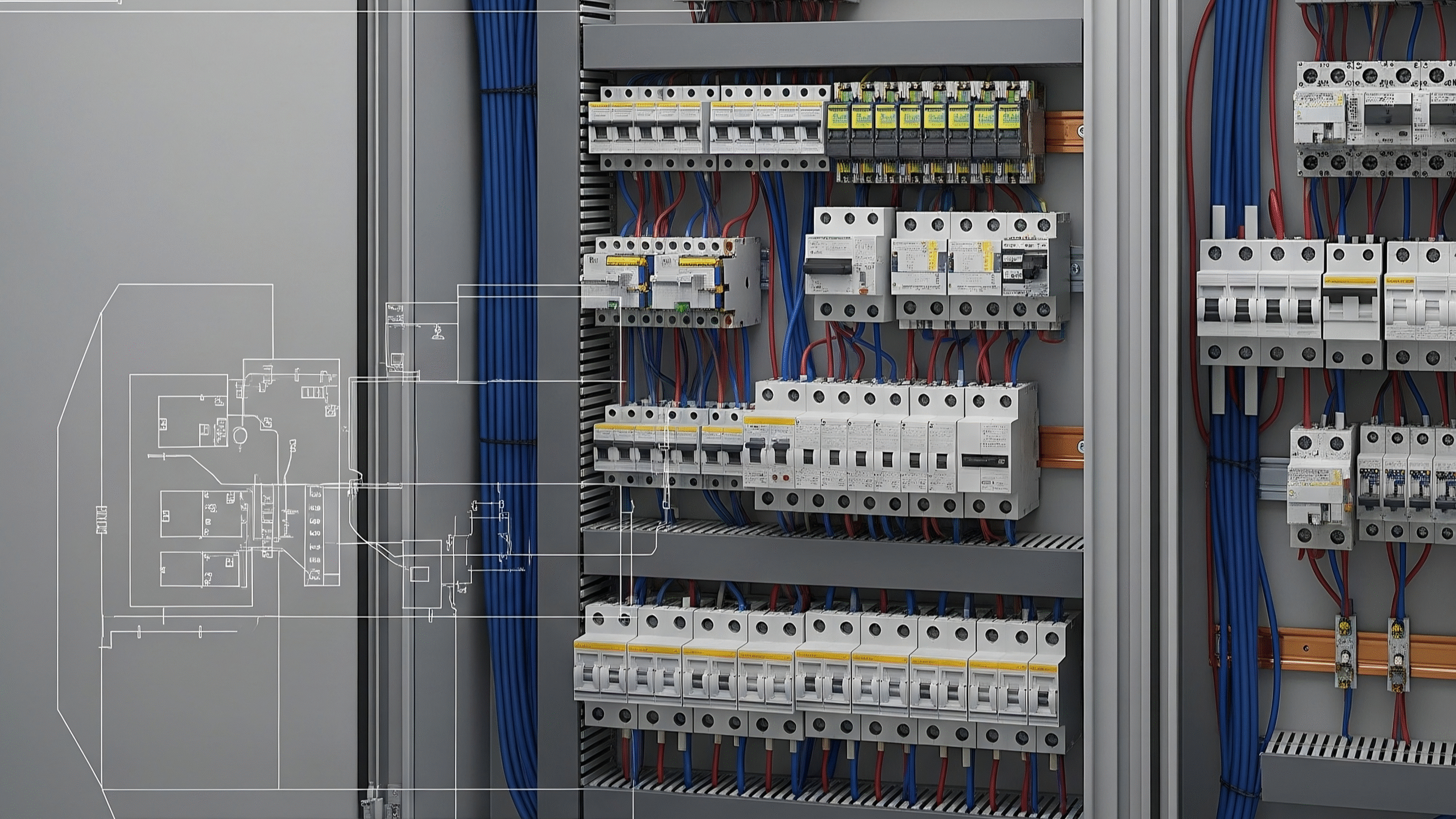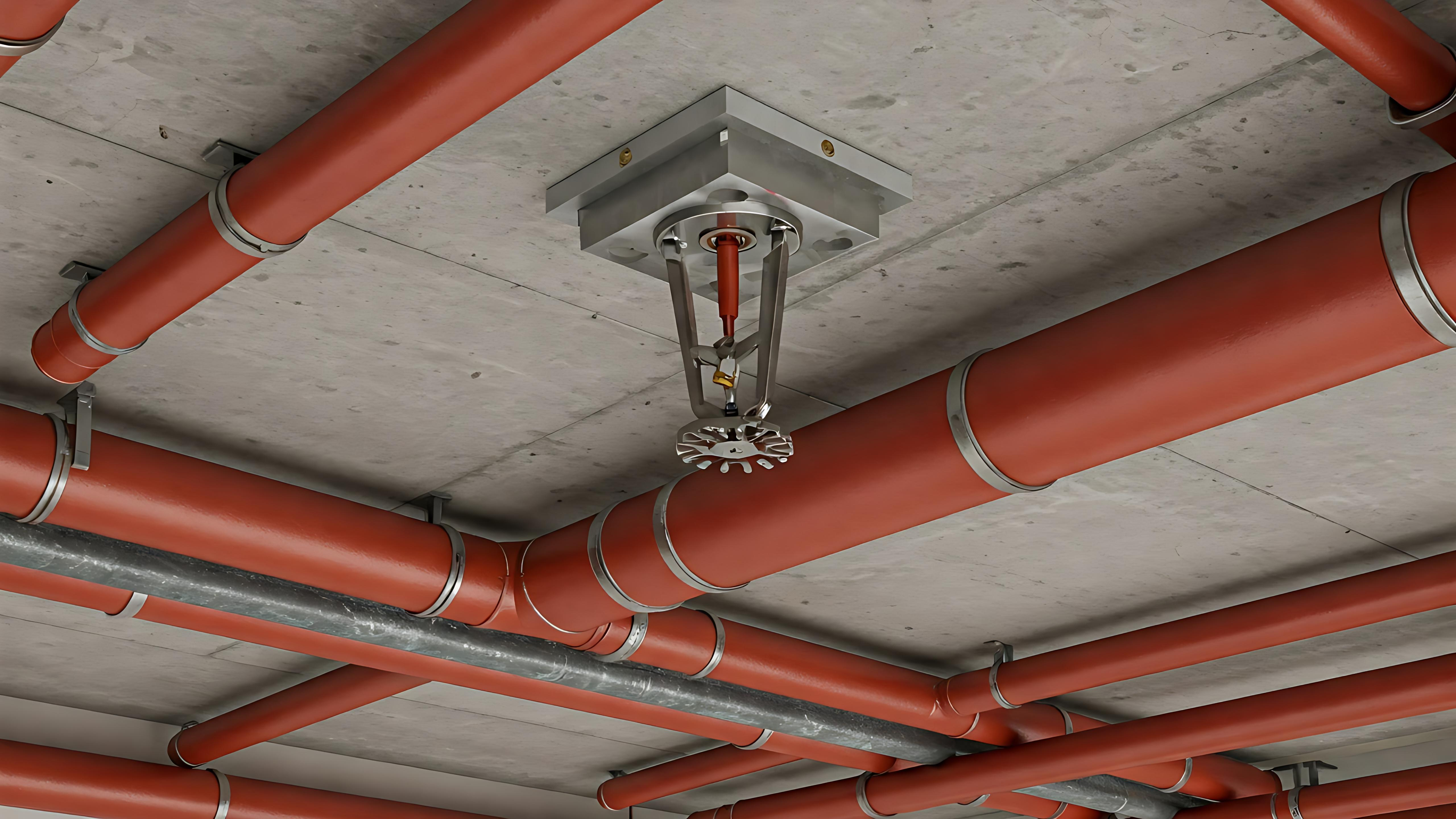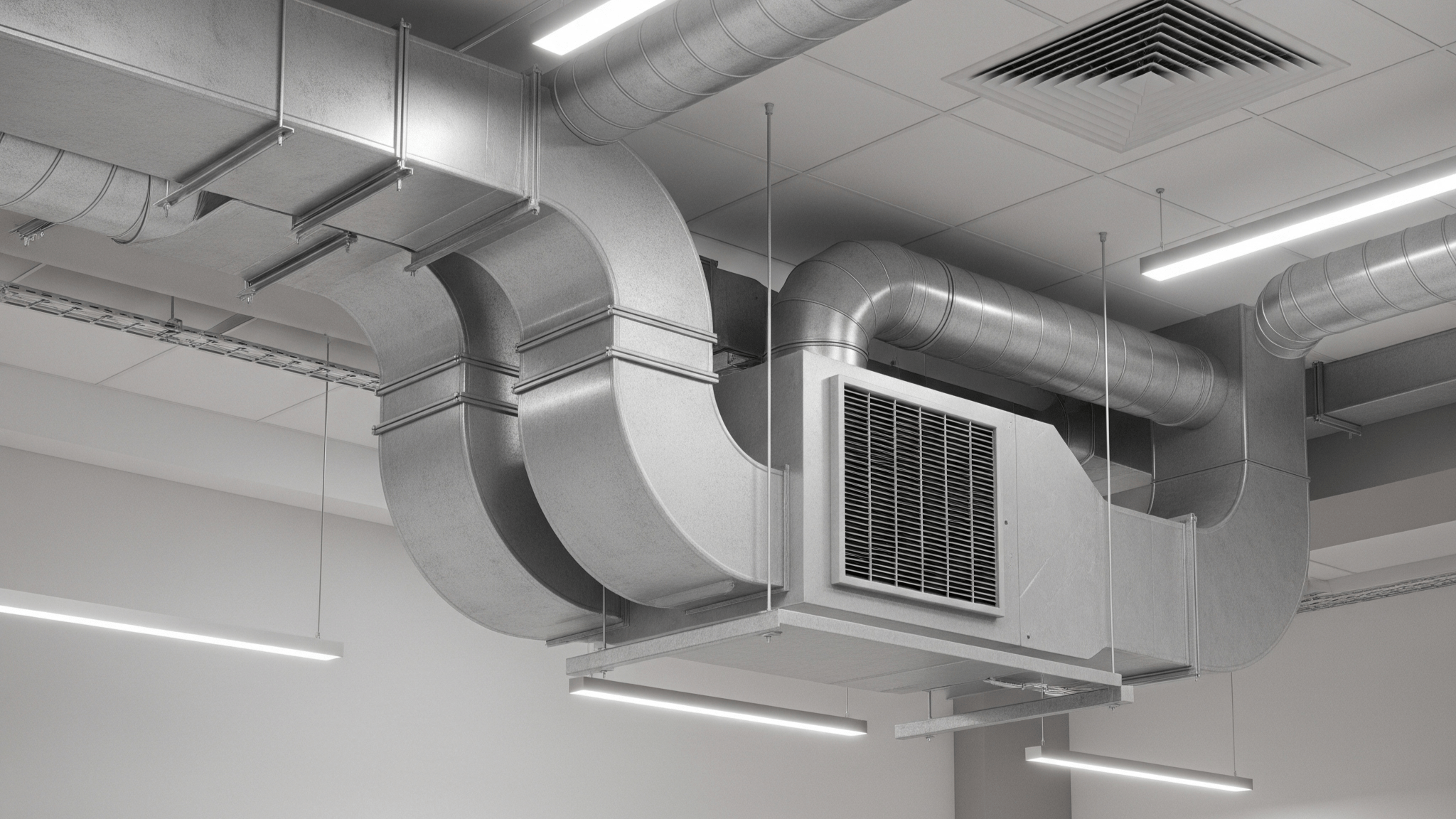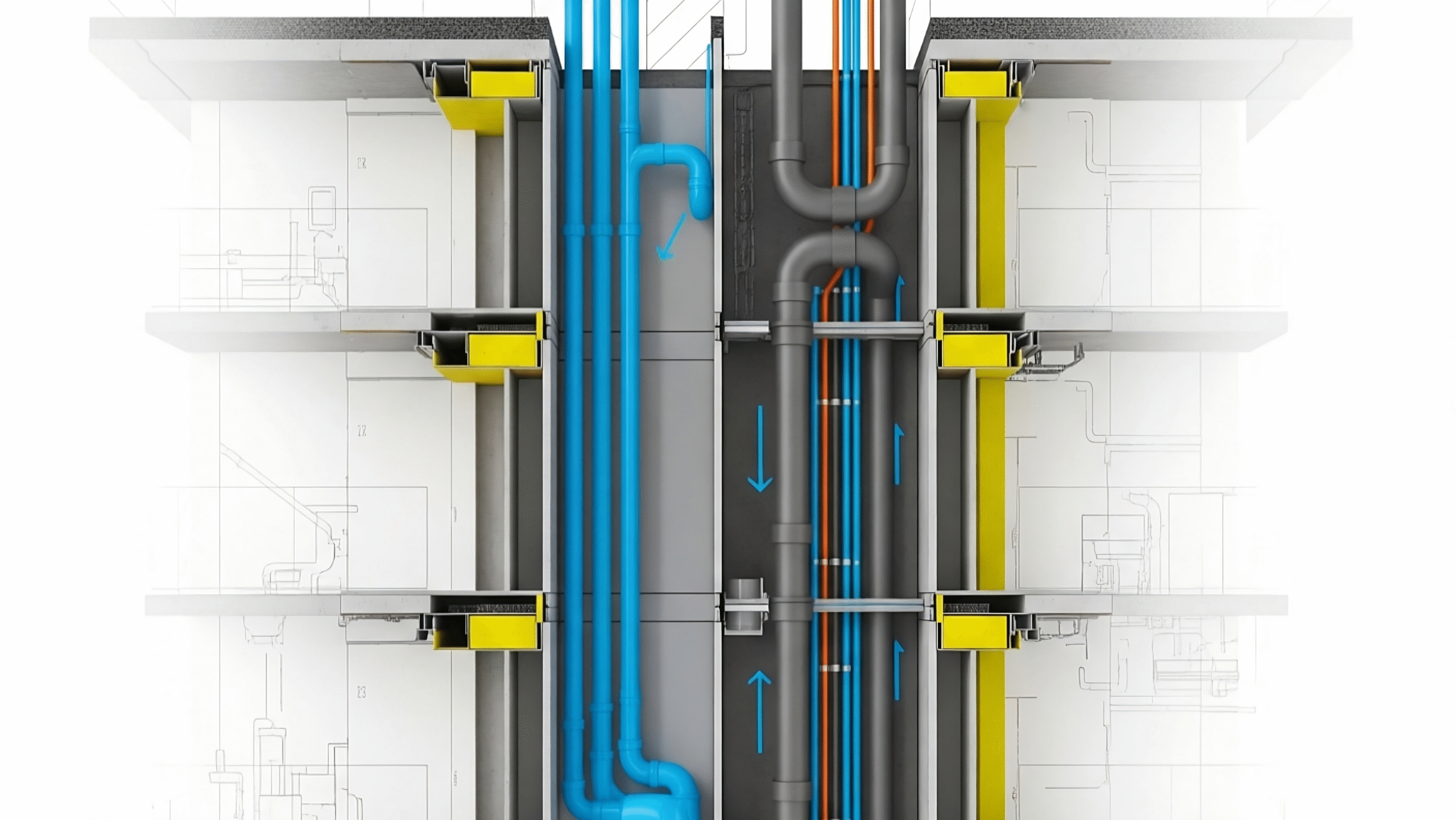Best MEP Auditor in Bangalore
Best MEP Auditor in Bangalore
Engineering Excellence in MEP Consulting Services
At A-Square Group, we specialize in MEP (Mechanical, Electrical, and Plumbing) consulting services that drive innovation, efficiency, and sustainability. Recognized as the Best MEP Auditor in Bangalore, our expert team delivers cutting-edge engineering solutions tailored to your project’s unique needs—whether it’s residential, commercial, or industrial.
What We Offer
From energy-efficient HVAC designs to safe electrical layouts and optimized plumbing systems, our MEP consulting ensures every element of your project meets modern standards.
Why Choose Us
Our approach integrates advanced modeling tools, sustainability practices, and strict adherence to local regulations—delivering both performance and peace of mind.
Our Projects
We’ve contributed to successful infrastructure developments across Bangalore, Pune, and Hyderabad.
Our Commitment
We prioritize green engineering practices by recommending energy-saving systems and environmentally conscious materials.
Our Process
We begin with a thorough consultation, followed by customized MEP designs, regular client feedback loops, and on-site implementation support to ensure flawless execution.
Compliance
All our solutions are designed in compliance with national and international standards, ensuring the highest level of safety, reliability, and regulatory approval.
Best MEP Auditor in Bangalore
Introduction to MEP
MEP stands for Mechanical, Electrical, and Plumbing, which are the three core engineering systems in building design and construction. These systems are essential for making buildings livable, functional, safe, and energy-efficient. MEP engineering involves the design, installation, and maintenance of these systems in residential, commercial, and industrial structures.
Mechanical Systems
Mechanical systems primarily include heating, ventilation, and air conditioning (HVAC). These systems control indoor temperature, air quality, and humidity levels. They ensure comfort for building occupants, especially in varying weather conditions. Other mechanical components include elevators, escalators, and fire protection systems.
An efficient HVAC system uses a combination of air handlers, chillers, boilers, and ductwork. Proper design helps reduce energy consumption and operational costs. Moreover, modern systems often use smart thermostats and sensors to optimize performance automatically.
Electrical Systems
Electrical engineering in MEP deals with the power supply, lighting, communication systems, and safety devices. It ensures that buildings have a steady and safe flow of electricity to operate all essential devices. This includes not only general lighting and sockets but also complex systems like data networks, fire alarms, and security systems.
To ensure reliability, electrical systems often include backup generators and uninterruptible power supply (UPS) systems. These are especially crucial in hospitals, data centers, and other facilities where downtime can be critical.
Plumbing Systems
Plumbing systems manage the water supply, drainage, and waste disposal in a building. These systems include both clean water distribution and wastewater removal. They also handle stormwater management and fire suppression systems, such as sprinklers.
In high-rise buildings, engineers must consider water pressure control and backflow prevention. Additionally, sustainable practices like greywater recycling and rainwater harvesting are becoming more common in plumbing design to support environmental goals.
Importance of Integration
The integration of mechanical, electrical, and plumbing systems is crucial for a building’s performance. Poor coordination can lead to system conflicts, inefficiencies, or costly design changes during construction. Therefore, MEP engineers work closely to coordinate layouts, reduce space usage, and ensure all systems operate harmoniously.
This collaborative approach also improves energy efficiency, reduces construction costs, and enhances the long-term maintainability of the building.
Role of Technology in MEP
Modern MEP design relies heavily on Building Information Modeling (BIM). BIM allows engineers to create detailed 3D models of all systems within a building. This technology improves accuracy, helps detect clashes between systems early, and streamlines project management.
Moreover, the rise of smart buildings has led to MEP systems incorporating automation and Internet of Things (IoT) devices. These tools allow for real-time monitoring, remote control, and predictive maintenance, which helps prevent failures and reduce downtime.
Regulatory Standards and Sustainability
MEP systems must comply with local and international building codes. These regulations ensure safety, energy efficiency, and environmental responsibility. Compliance involves detailed inspections, certifications, and documentation throughout the project lifecycle.
In addition, there is growing emphasis on green building standards such as LEED, BREEAM, and IGBC. MEP engineers play a key role in helping buildings achieve these certifications through sustainable system designs and energy-saving technologies.
Applications in Complex Projects
In large-scale projects—like airports, hospitals, data centers, and universities—MEP systems become more complex and specialized. For instance, hospitals require additional systems like medical gas piping, while data centers demand precise temperature control and high electrical reliability.
In these environments, uninterrupted operation is critical. Thus, systems must include multiple layers of redundancy and fail-safe mechanisms. Coordination between MEP disciplines becomes even more vital in such scenarios.
Maintenance and Lifecycle Efficiency
After construction, MEP systems need regular maintenance and monitoring to remain efficient and safe. Facility managers use preventive and predictive maintenance strategies to detect and address issues before they cause breakdowns.
Energy-efficient systems, such as LED lighting or VRF (Variable Refrigerant Flow) HVAC units, help reduce operational costs over time. Additionally, using low-flow plumbing fixtures conserves water while maintaining user comfort.
Conclusion
In conclusion, MEP systems form the foundation of a building’s functionality and sustainability. Their integration ensures comfort, safety, and long-term efficiency. With the push towards smart cities and green construction, MEP engineers are now at the forefront of innovation. Their work not only supports the day-to-day operation of buildings but also contributes significantly to environmental goals and energy conservation efforts.





